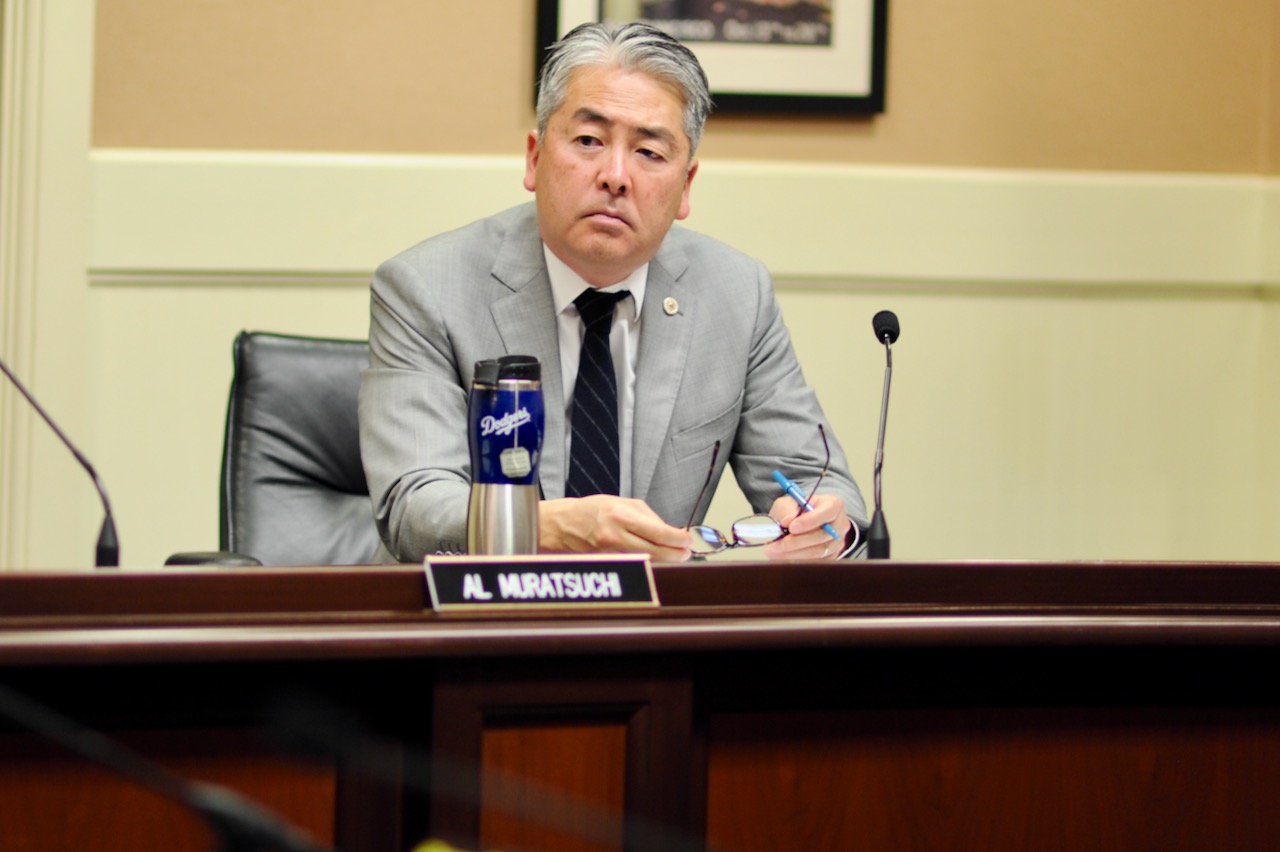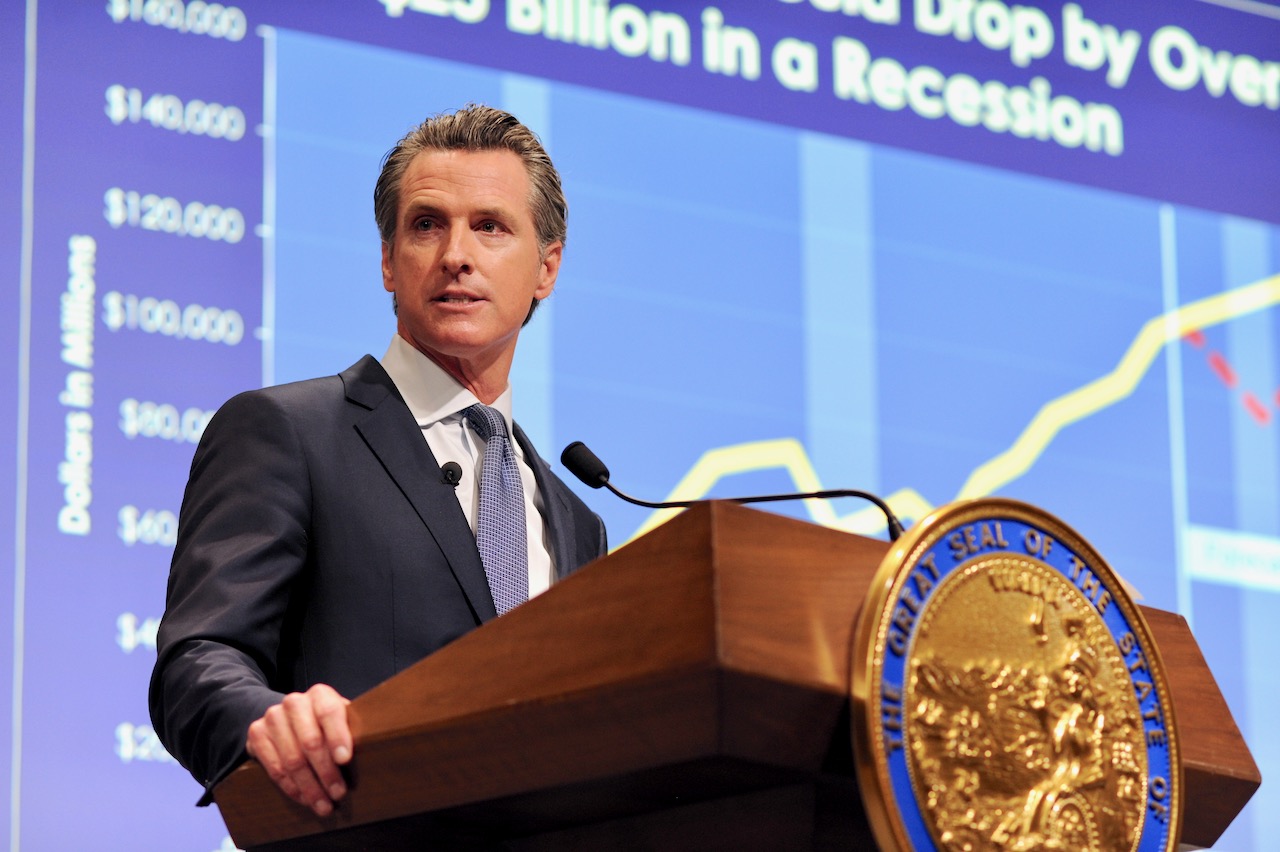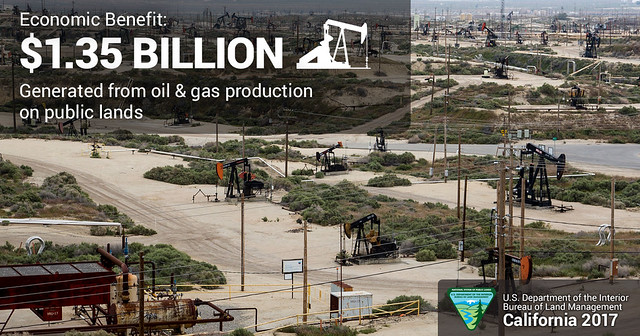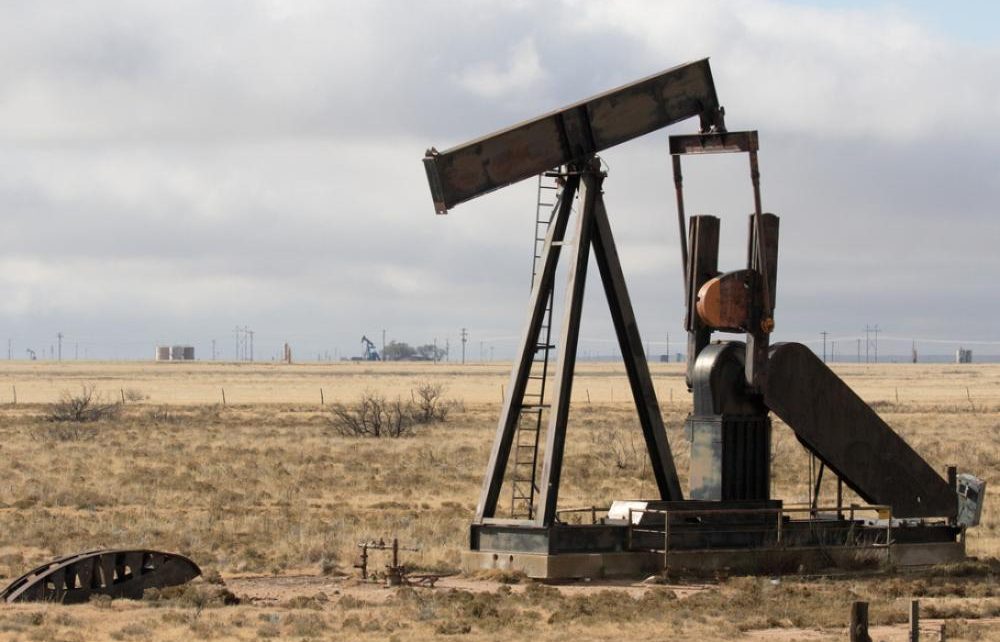
An abandoned oil well. (Photo: Wikipedia)
New Amendments To Oil, Gas Well Bill Bring Controversy Before Assembly Vote
Some claim that new SB 1012 amendments protect oil, gas well operators from paying cleanup costs
By Evan Symon, August 26, 2020 2:48 pm
With only days away from an Assembly floor vote, a bill designed to clean up abandoned oil and gas wells has had controversial new amendments added to it, with some claiming that oil and gas operators themselves won’t need to pay the associated cleanup costs at all because of it.
A bill to clean up abandoned wells, improve health in areas with wells
Senate Bill 1012, authored by Senator Melissa Hurtado (D-Sanger), would, if passed, identify abandoned or unused oil and gas wells around the state. The bill would also back up current laws that would identify future abandoned wells, as well as having the Geologic Energy Management Division in the Department of Conservation, under the direction of the State Oil and Gas Supervisor, supervise the cleanup and removal of tanks and other facility parts. The current operator of the well in question would also cover all associated costs in plugging the well up.
However, the big part of the bill came with the provision saying that the State Lands Commission would not be an operator of any wells, essentially taking taxpayers off the hook for paying for any well cleanup and removals.
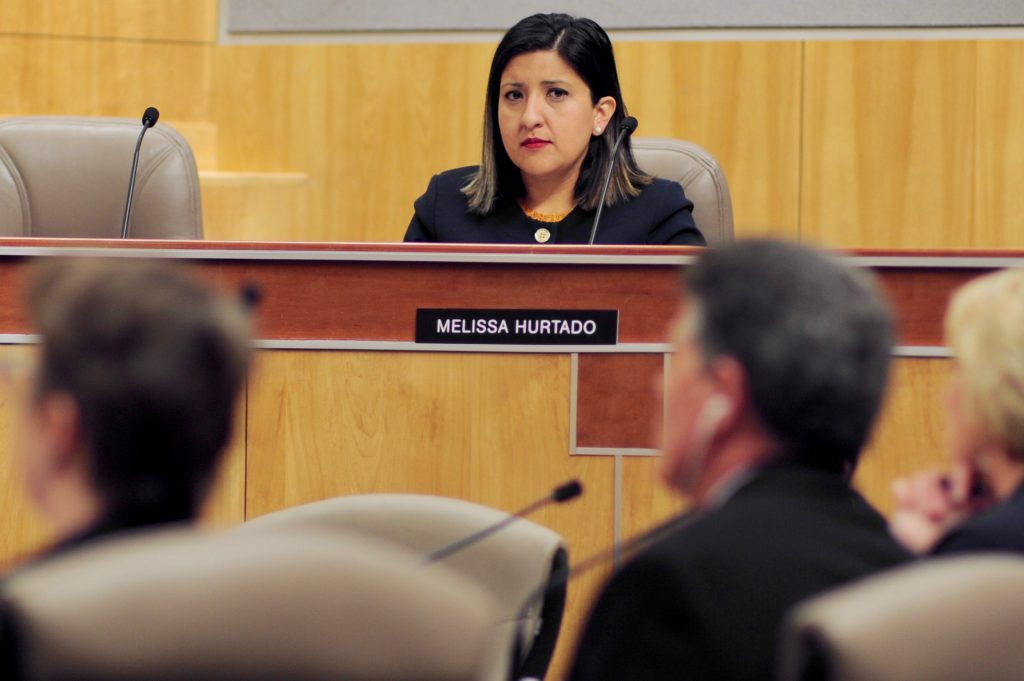
Senator Hurtado wrote the bill largely with the environmental and health factors in mind, wanting quicker cleanup and ensuring that all unused wells would be known and properly cleaned up and sealed off to reduce health hazards from emitting from open wells. As the fumes from open wells could aggravate those with COVID-19, SB 1012 was allowed to continue this session rather than be pushed to the next session.
“In January of this year, I listened to local leaders’ frustration about the inequity in receiving resources for the clean-up of abandoned and idled oil and gas wells compared to Coastal California,” wrote Senator Hurtado in an editorial earlier this year. “There are thousands of oil wells that sit unplugged and abandoned all around California, most of which are in our region. These toxic hazards are our silent neighbors. Every day they go unplugged, they release poisonous fumes that aggravate health disparities locally like Asthma, Valley Fever, and COVID. And to make things worse, Central Valley taxpayers are on the hook for paying for the clean-up with no state resources.”
“The social determinants of our health rely heavily on how we respond to this crisis. For all these reasons — I have sponsored SB 1012 that will create a program that will ensure taxpayers are not on the hook to pay for these clean-up costs. With bipartisan support, this bill seeks to plug abandoned wells that are not in production and allocates monies from existing special funds. In no way will it increase the gasoline cost, and it will create jobs for our region. More importantly, it will improve our air quality in a region that is known for having the highest rate of childhood asthma, valley fever, and COVID cases.”
A controversial new amendment to SB 1012
However, questions over what to do if an operator in question can’t pay soon led to an amendment to SB 1012, which was added this month. It cancelled out the part about the State Lands Commission not being operators, replacing it with language that said that “The supervisor shall make reasonable efforts to cover the cost of plugging and abandoning the well or decommissioning deserted production facilities from the current operator before seeking to cover the cost of plugging and abandoning the well or decommissioning deserted production facilities from a previous operator.”
Environmental groups have said the new amendment is vague in wanting “reasonable efforts” to collect cleanup money before asking a previous operator of the well. As the Supervisor can already collect from previous owners, many have expressed worry that current oil and gas well operators can get out of paying for cleanup. They also worry that, with the removal of the State Lands Commission caveat, taxpayers may ultimately be on the hook to still pay if no one else does.
“Oil companies are trying to rewrite state rules behind closed doors to stick California taxpayers with the bill for cleaning up their mess,” said senior attorney at the Center for Biological Diversity Hollin Kretzmann in a press release on Monday. “It’s grotesque that they’re trying to sneak these changes through while our state is being ravaged by wildfires, heat waves and the pandemic. State senators should reject this bill and make sure oil companies don’t walk away from their cleanup costs.”
In defense of the amendment
However, supporters of the bill pointed out that it’s just a case of over-hyping the new amendment.
“The ‘reasonable efforts’ term isn’t that vague,” noted former utility company lawyer Sarah Preston in an interview with the Globe. “If the state wants money and can prove the company in question can afford it, they will pursue.”
“This bill only seems to make sure that they pay. The amendment actually makes it easier to collect payment from previous operators. They know at least one of those companies have the means to pay for the costs, as the former well needs to be owned by someone active. And the amendment also paves over any gaps by having non-taxpayer, special fund money go to those wells where all operators, present and past, simply don’t exist.”
“It’s doing as promised: closing all abandoned wells by having operators and non-taxpayer money paying for it to protect people from abandoned well dangers. The amendment, if anything, makes the process easier.”
SB 1012 has received near universal support in previous votes, including a 39-0 Senate vote in June. A final assembly vote on the updated bill is expected in the coming days.
- Bill to Require Law Enforcement Disclosure if AI Was Used To Help Write Reports - August 7, 2025
- Gov. Newsom Files FOIA Request To ‘Expose True Cost’ Of L.A. Federal Troop Deployment for Anti-ICE Riots - August 6, 2025
- California Redistricting: How Newsom’s Plan Will Demolish Hard Fought GOP Gains - August 6, 2025


